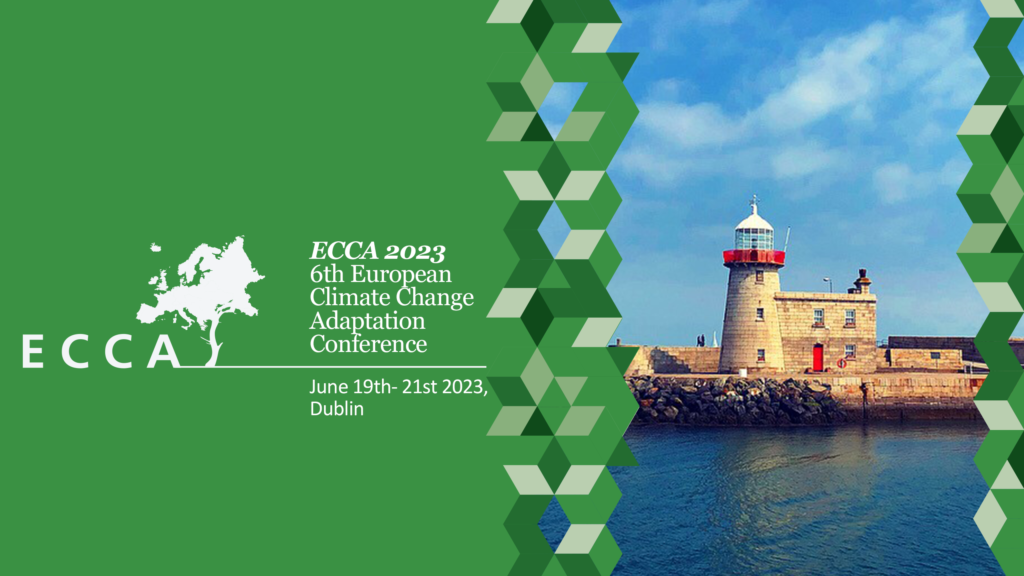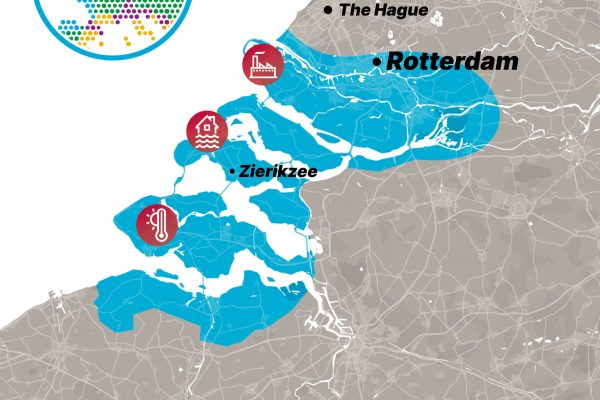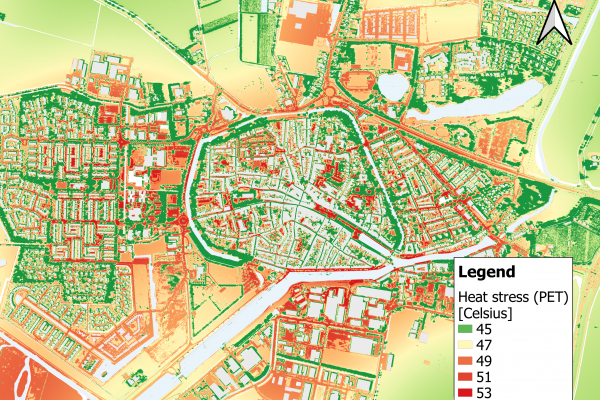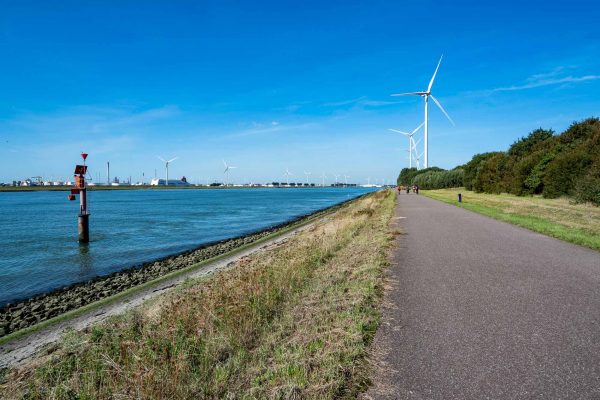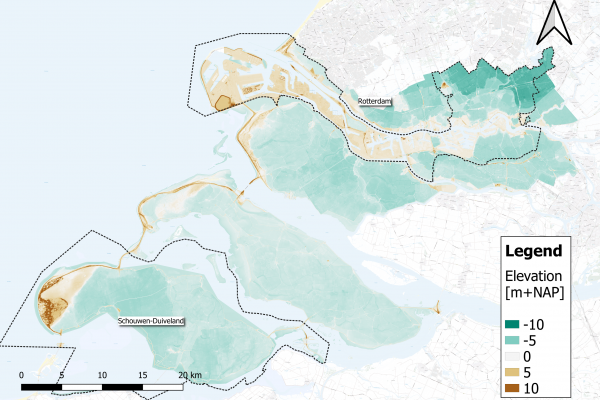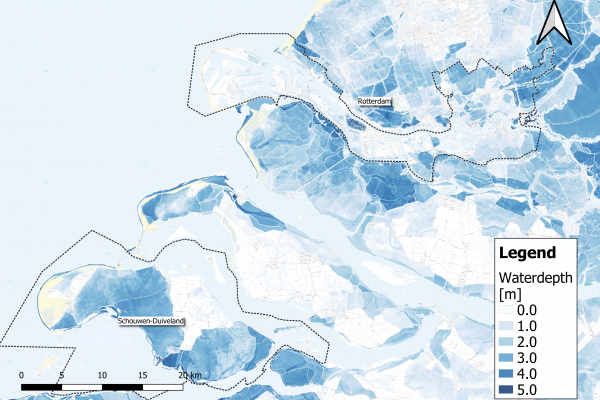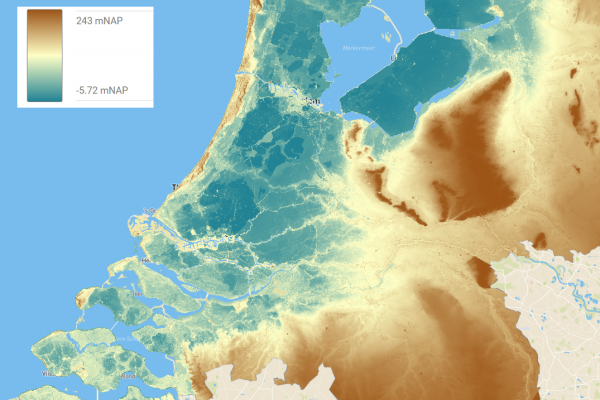The 6th European Climate Change Adaptation conference (ECCA 2023) is set to be a remarkable event that brings together experts, practitioners, and policymakers to discuss climate resilience strategies and share innovative tools. With a focus on actionable knowledge, this in-person conference will feature interactive sessions, plenaries, and live streaming for wider participation. IMPETUS will be participating with a video in the cinema room and representation in a joint session with sister EU Climate Adaptation Mission projects REGILIENCE, ARSINOE, TransformAr, REACHOUT and Pathways2Resilience.
This year’s edition of ECCA will cover several thematic areas, including stepping up climate action, adaptation responses to sea level rise and coastal change, nature-based solutions, preparing for climate extremes, reframing societal transformation, and climate resilience of future energy infrastructure and systems. It offers a unique opportunity to explore cutting-edge tools and decision-support platforms that facilitate climate adaptation efforts.
The joint session dedicated to climate resilience tools has been organised by the EU Climate Adaptation Mission projects. It will delve into the practical aspects of utilising tools and approaches for climate resilience. The session brings together renowned experts and practitioners to explore innovative ways of strengthening climate resilience at regional and global scales. The session ‘Extreme Events: Tools for Climate Resilience‘ takes place on Tuesday 20 June in the Printworks Plenary room between 11.30 – 13.10 CEST. The session will be opened by Ad Jeuken from REACHOUT. Philippe Tulkens, Deputy Mission Manager of the EU Mission on Adaptation to Climate Change will provide reflections on the value of tools for the EU Adaptation Mission. There will also be three informative ‘pitches’:
- How to enable the uptake of tools and approaches for climate resilience? Overview of barriers and enablers.
- Does Transformational adaptation require a transformation in climate services and tools? Practical examples of applications of climate services in 7 cities.
- How can tools to strengthen climate resilience be made accessible to the regions? Where do we go from here?
The audience will be polled and a panel discussion will reflect on the audience’s answers, allowing for further exploration and exchange of ideas. Panel members will include Jan Cools (University of Antwerp & TransformAr), Nieves Peña (Tecnalia & REACHOUT), Thomas Koetz (Climate-KIC & Pathways2Resilience) and Guido Schmidt (Fresh Thoughts Consulting GmbH & REGILIENCE).
All the project’s representatives will also be available to discussing the tools and other kind of information in the ‘Piazza’ on Wednesday afternoon.
The Technical Coordinator of IMPETUS, Josep Pijuan Parra of Eurecat, will provide remote contributions to the discussion and Piazza sessions, to highlight tools and activities being developed in the project. The IMPETUS video ‘Preparing for Floods: Adapting the Netherlands for Climate Resilience‘ will be screened in the conference cinema room at various times throughout the event.
About ECCA2023
Organised by the Joint Programme Initiative ‘Connecting Climate Knowledge for Europe’ (JPI Climate) and supported by the MAGICA project and the European Commission, ECCA2023 will take place in Dublin, Ireland, on 19-21 June 2023.
